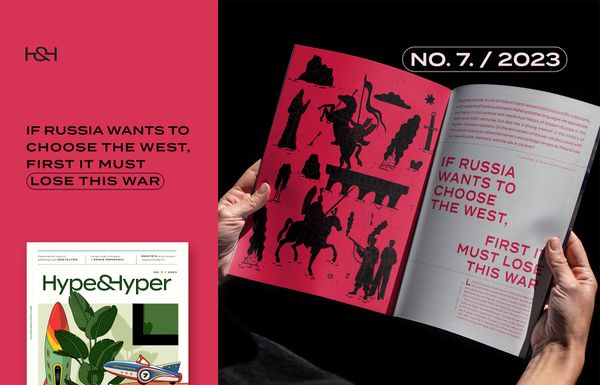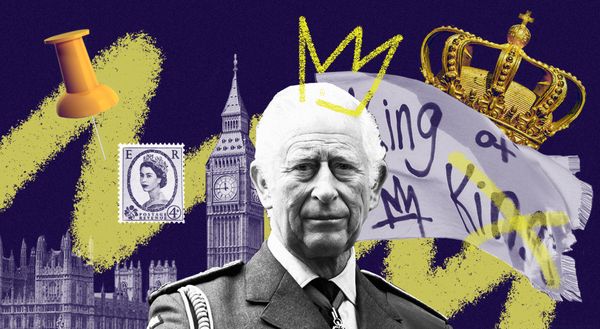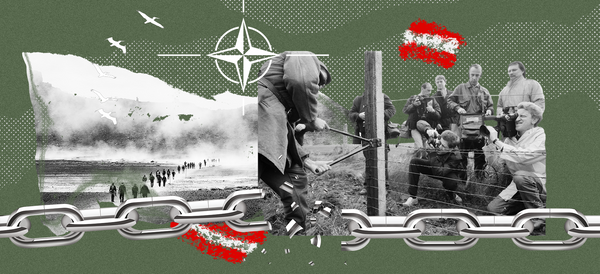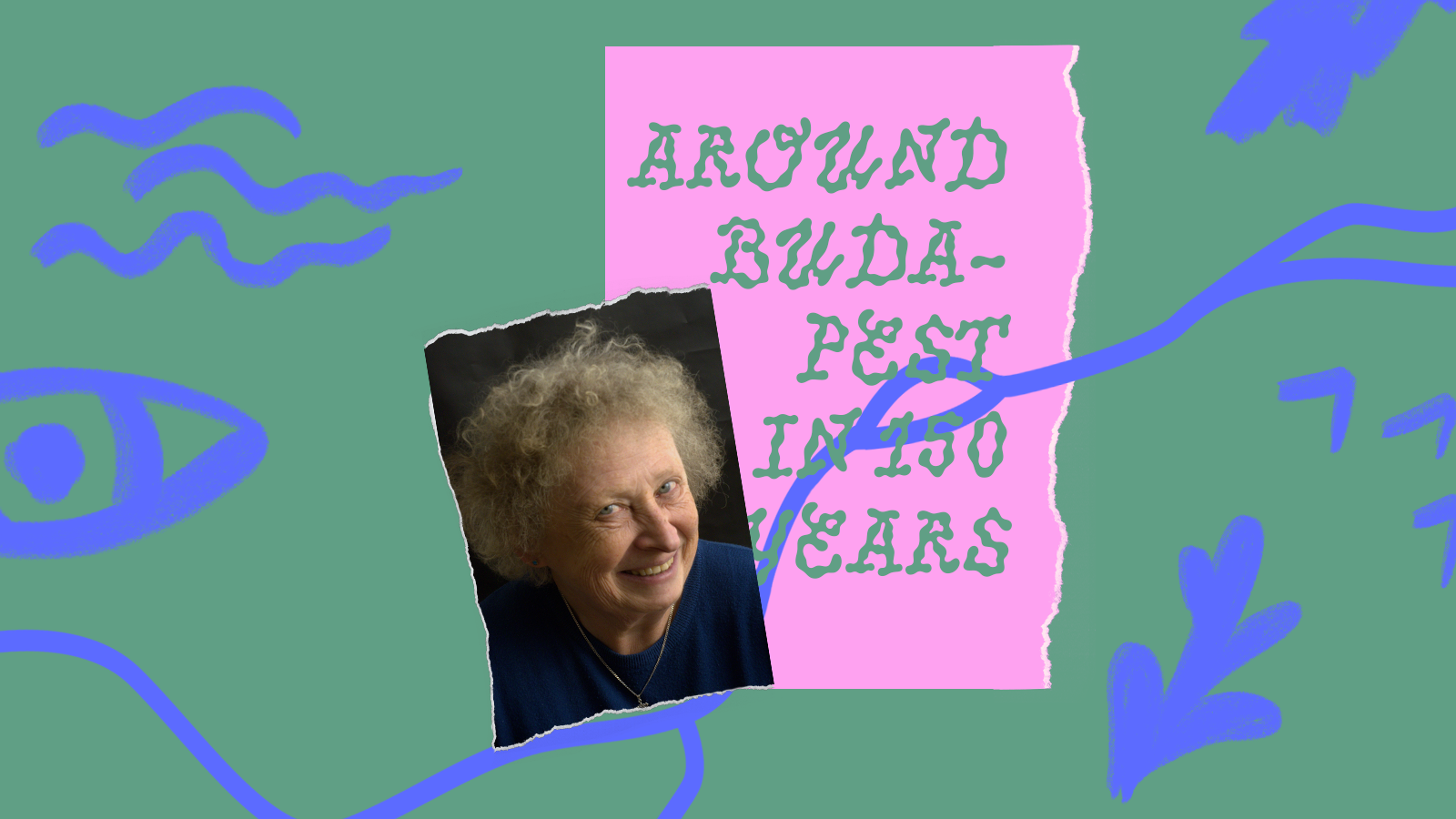People, words, buildings, stories and moods—all of these and more have contributed to creating the Budapest we know today over the past 150 years. To mark the anniversary, we asked people who are connected to the capital by a thousand (or at least a hundred and fifty) threads about the past and future of Budapest and their personal connection to the city.
Magdolna Vékás, photographer
What would you have been in Budapest 150 years ago?
Considering that I am a woman, 150 years ago I would not have had too many opportunities, neither in terms of education nor in terms of career choice. Looking back at my family tree, I would probably have been the wife of a village craftsman or a peasant, a housewife who cooks, makes great cakes and jams, keeps her house tidy, and brings up her children decently, hoping for a better future for them.


The differences in geography, history and development still create tangible contrasts between Buda and Pest. What do you like about both?
I grew up in Buda, in the Tabán, where there are still some small listed buildings that give a hint of the old, rural townscape. There is a lot of green space in Buda, which although is constantly threatened by the greedy real estate lobby’s intention to build on it, today the birds still chirp in the morning, and in spring I step out of the house to the smell of lilacs. I have photographed many old tenement buildings in Pest for the National Office of Cultural Heritage, and since then I have loved looking at the buildings and discovering the sculptures and decorations on them. I always find something I hadn’t noticed before. No wonder the city history walks, the Budapest 100 architecture and culture festival, and other events devoted to local history are very popular. I like the constant hustle and bustle and the great variety of programs to choose from.
What are the best and worst things about Budapest?
The best thing about Budapest is its cultural diversity. You can find museums of classical heritage, avant-garde galleries, and a wide variety of jazz, pop, rock, etc., in addition to quality classical music. The theater scene is absolutely wonderful, with everything from apartment theaters (where the company uses your home as a stage—the Transl.) and alternative venues to traditional theaters with hundreds of seats. The worst thing is that the Kossuth Lajos Street-Rákóczi Road axis in the heart of the city is a motorway. It’s no fun to see the closed, run-down shops ruined by the massive traffic. There’s no parking in the area, no one feels like walking around, so the small shops I used to love can’t function.

Which image and/or song best describes Budapest for you?
Probably because of my age and growing up in that era, the song Budapest by Tamás Cseh is a defining piece of music that captures the essence of the city for me. I can’t give you a picture, there are too many that come to mind.


If you had to recommend a book about Budapest that might also be available in a foreign language, which would it be?
It’s hard to choose. If you want to know what the city was like 150 years ago, the best guide is Mór Jókai’s novel The Poor Plutocrats. The interesting thing about it is that it does not depict the world of princes and counts, but the milieu and life of workers, peddlers, seamstresses, policemen, etc. who lived on the outskirts of the city. The writings of Iván Mándy are perhaps the most evocative of the more modern Budapest.
Who or what is the most ‘Budapester’ person or thing for you?
For me, the most Budapest person is László Finta, the inventor, founder, and soul of the Nyitott Műhely (“Open Workshop”—the Transl.) cultural institution on Ráth György Street. This unique space, which has been operating for 23 years, hosts music programs, literary evenings, film screenings, exhibitions, book launches, small theater productions, and children’s activities. There’s always something going on. When you walk in, you immediately feel the spirit of the place, the cozy old furniture, the crowded bookshelves, and the smell of delicious tea make you want to stay even when there is no event happening.
If you had to live in one of the region’s other capitals instead of Budapest—Vienna, Belgrade, Ljubljana, Bratislava, Prague, Warsaw, or Zagreb—, which one would you choose?
If I had to move to another city, I would choose Warsaw. When I was there for the first time in 1979, I was in awe of the fantastic power that emanated from the city. This was the power that made it possible to rebuild a city that had been reduced to rubble, but with the old city center rebuilt to preserve the atmosphere of the past. I’ve always been very attached to Polish culture, especially film, I love the works of Wajda, Kieślowski, Kamiński. And Polish jazz! Pendereczky, SBB, Namysłowski…

How do you see Budapest in another 150 years?
In elementary school, we were asked to write an essay about how we imagined Budapest in the year 2000. I don’t remember much about what I wrote, just that the Chain Bridge was standing in the dry Danube riverbed under a cheese-dome-likeglass dome, and little flying saucers were zooming overhead... Well, luckily that didn’t come true by the year 2000, but with global warming, it could easily be the future. However, this city has risen from the ashes so many times before, I trust that there will still be people here in 150 years. My message to them is what László Nagy said in an interview when asked what he would say to those who will watch the footage in 100 or 500 years: “If they have a human face at all, I send them my kisses. If they have a human spirit, I want them to know: that’s all I could do for them.”
Portrait: Magdolna Vékás, photo: András Bozsó
Graphic design: Roland Molnár

If Russia wants to choose the West, first it must lose this war

Monarchy: outdated form of government or democratic triumph?










